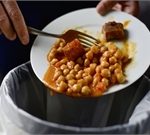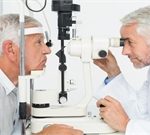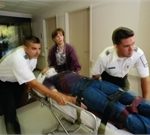
The coronavirus that has rapidly infected nearly 6,000 people in China is spreading across the globe, with five cases confirmed in the United States. The death toll in China so far has topped 130. Here’s what else you should know about the new coronavirus, called 2019-nCoV, which originated in the city of Wuhan: “This is a new virus that has not been previously identified in humans,” said Debra Chew, a former epidemic officer at the U.S. Centers for Disease Control and Prevention. “It belongs to a large family of viruses called coronaviruses. These viruses can cause respiratory illnesses such as the common cold, and more severe illnesses such as the severe acute respiratory syndrome (SARS) or the Middle East respiratory syndrome (MERS),” Chew said. “Currently, a lot is unknown about the Wuhan coronavirus, but the CDC and the World Health Organization are actively investigating to learn more about this virus, the way it spreads and its severity of illness,” added Chew, a professor at Rutgers New Jersey Medical School Should Americans be concerned? “While any new virus is a serious public health concern, the immediate health risk to the American public is deemed low at this point,” said Chew. “The virus is thought to have some limited person-to-person spread, and the CDC and WHO are conducting ongoing investigations to learn more about the degree of… read on >














